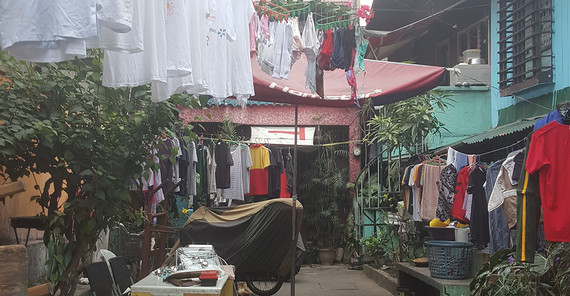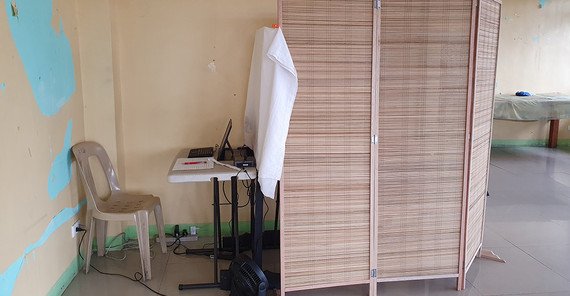In their field study, the researchers focused on the distinction between the nasal sounds /n/ and /ŋ/ (pronounced "ng", like in the word sing) in Tagalog, the most widely spoken language in the Philippines. "The results show that babies between the ages of ten and twelve months are able to recognize these differences, while younger babies between four and six months are not," explains Dr. Rowena Garcia, lead author of the study.
These findings support the theory of acoustic salience, which states that children first need sufficient experience with their surrounding language to learn speech sounds that are difficult to distinguish.
Hence the study contradicts the theory that all babies are capable of perceiving all sound differences from birth. She also points out possible cross-linguistic and cultural differences in the developmental paths of infants. These results are consistent with previous research in Asian countries, which likewise suggests a late distinction in the mother tongue. It is still unclear why the development of speech perception is different in the eastern part of the globe than in the west. Whether this has anything to do with particular linguistic aspects or the conditions in which babies grow up is something that will need to be made the subject of future research.
"Our work underlines the need for further research to understand the complex factors that shape language development in infants," says Prof. Dr. Natalie Boll-Avetisyan. "Cross-linguistic comparisons in particular could help to better understand the different developments and contribute to the development of globally sound theories on language development."
The study on the internet:
Garcia, R., Valdez, M. C., & Boll-Avetisyan, N. (2025). Infants discriminate subtle nasal contrasts late: Evidence from field psycholinguistic experiments on Tagalog-learning infants in the Philippines. Developmental Psychology. Advance online publication. https://dx.doi.org/10.1037/dev0002053
Photos:
2025_080_Foto 1_Rowena Garcia.jpg: A neighborhood in Metro Manila where the participants live. Photo: Dr. Rowena Garcia
2025_080_Photo 2_Rowena Garcia.jpg: The mobile Babylab in the district's town hall. The covered section is where the participants sit, with the baby on the caregiver’s lap. Photo: Dr. Rowena Garcia
Contact: Prof. Dr. Natalie Boll-Avetisyan, Professor for Developmental Psycholinguistics
E-Mail: natalie.boll-avetisyanuuni-potsdampde
Phone: +49 331 977-2374
Media Information: 09-09-2025 / No. 080



